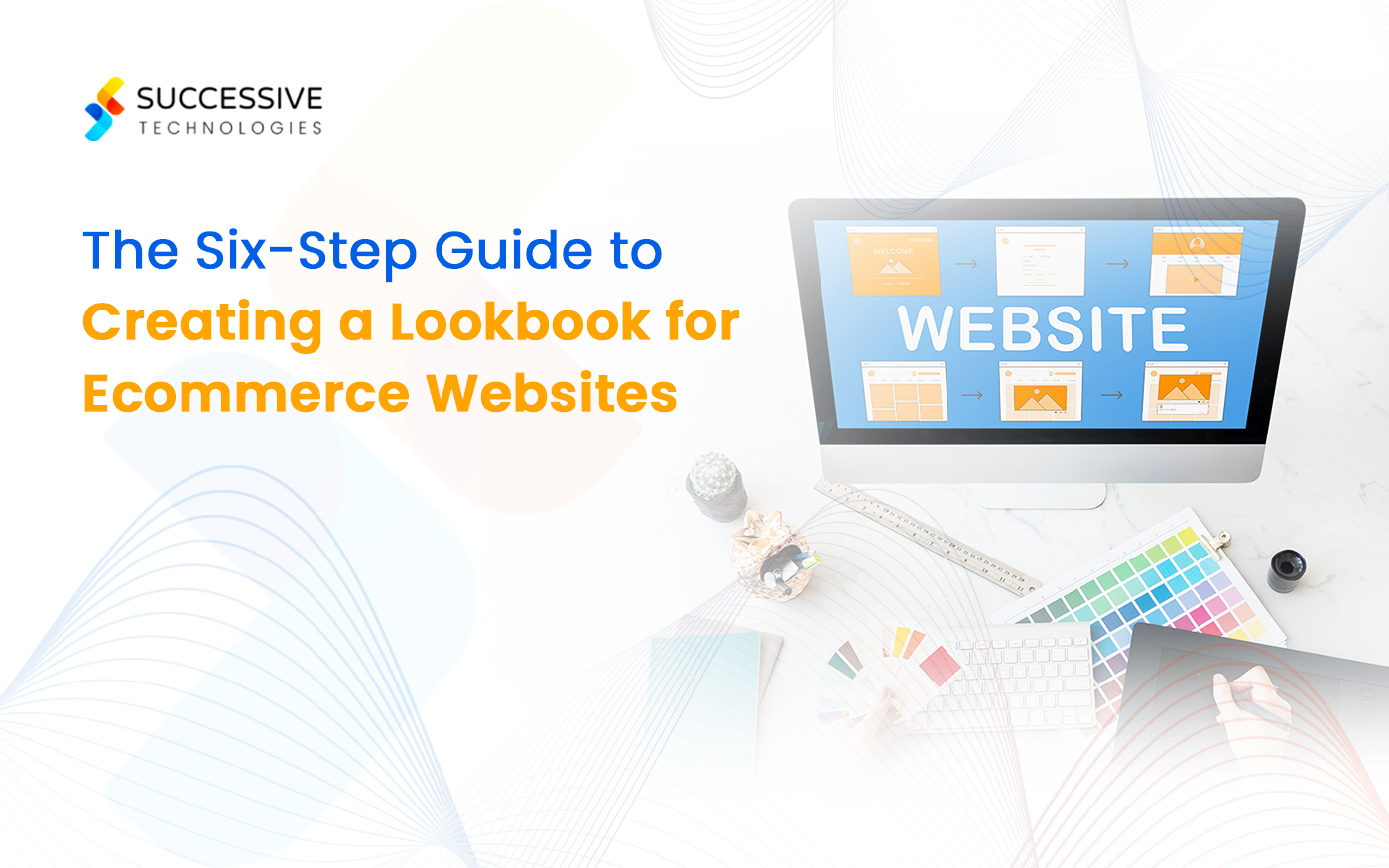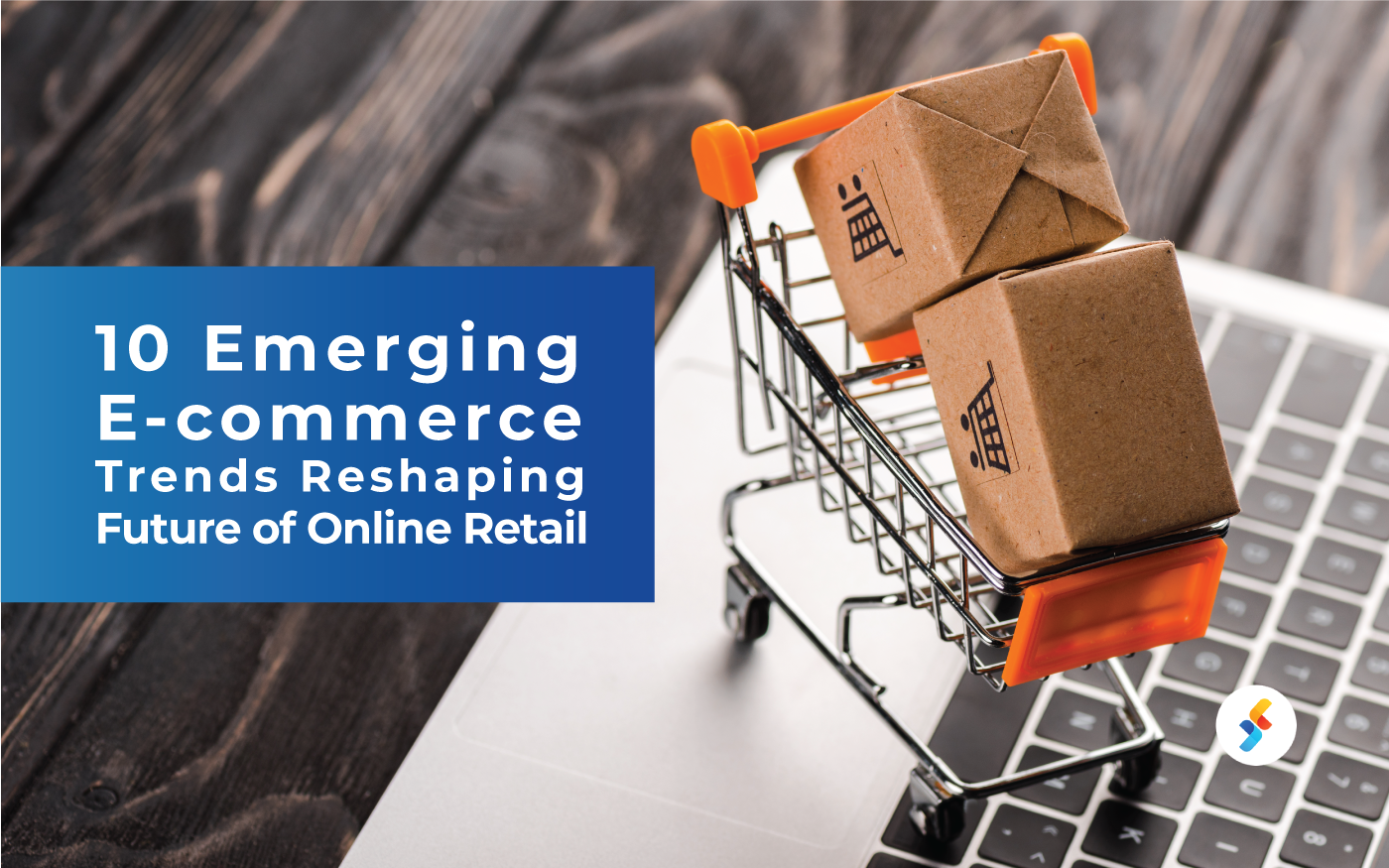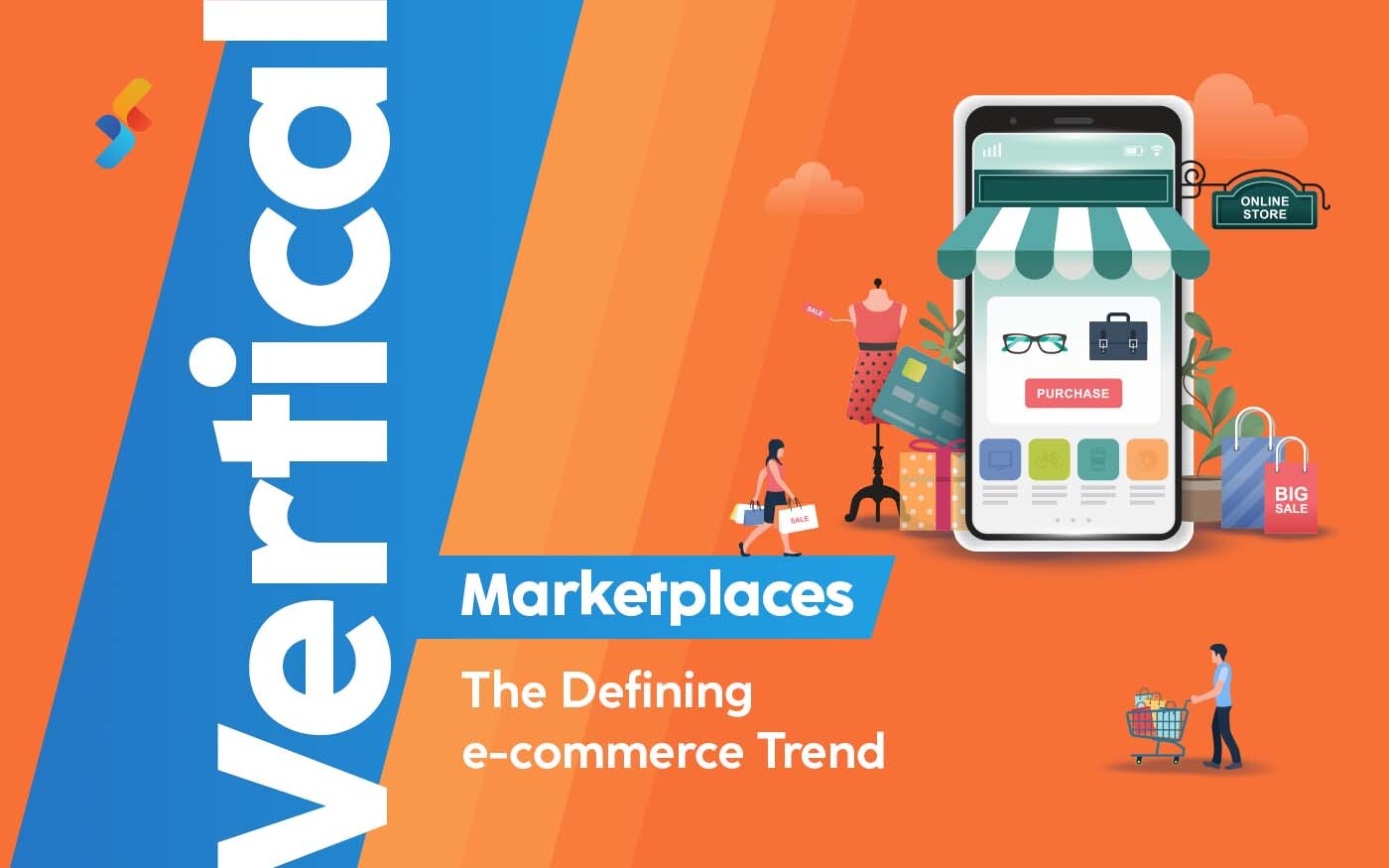Modern-age shopping is constantly evolving with the proliferation of customer touchpoints. According to studies, customers these days use approximately 2 to 3 channels to search, review, and purchase a product. In other words, the concept of digital commerce has progressed from shopping only via a website to shopping directly via social media and live videos.
This has increased the need to build an omnichannel and connected shopping experience requiring decoupling the frontend layer (the storefront) from the backend system. Businesses can achieve this requirement with API-based digital commerce.
You might not realize it but most of your business operations today include API integrations as it makes digital management easier and helps in connecting anything with a digital pulse.
However, many businesses still believe that API integration is a complex process and requires massive expansion with little control. So, let’s understand what API-based digital commerce means and how BigCommerce APIs can help you build a tailored omnichannel shopping experience.
API-based Digital Commerce: An Overview and Importance
API-based digital commerce, in simple terms, means using an API (application programming interface) to decouple front ends from stores’ backends and integrate shopping capabilities within any touchpoint, be it mobile, web, social media, or IoT, wherever customers prefer to shop.
While traditionally used monolithic architectures were more rigid and less flexible in terms of shopping channels and functionalities, this modern approach of digital commerce provides businesses with open adaptability, allowing them to create unique customer experiences via storefronts.
The eCommerce development company you hire for your project will integrate any preferred frontend technology to build custom UI/UX design and deliver high-quality content experiences. Plus, they will connect an eCommerce platform’s backend to help you manage eCommerce operations. They will also plug in required APIs for smooth communication between frontend and backend, and product content delivery.
The best part about API-based commerce is that you can facilitate the safe sharing of information for your customers from one app to another using an API. For instance, you can use social media to share pictures of your products and promote them for social selling, or you can integrate payment APIs with your mobile store to ease the payment process.
Role of BigCommerce API Integration for eCommerce Businesses?
As a headless-based SaaS platform, BigCommerce supports API-based digital commerce. There are multiple BigCommerce APIs present in the market, each with a unique functionality.
These APIs gets plugged within your store’s backend and helps with management of eCommerce operations, including inventory management, product management, and other specific functionalities that are unique to your business.
They are important for your businesses as they can completely automate your operations and enable you to initiate omnichannel selling strategies. This way, you can sell your products on more platforms, expand your brand reach, reach customers wherever they prefer to shop, and enhance customer satisfaction.
Key BigCommerce APIs to Transform Your Digital Commerce Operations
BigCommerce has a full fledged suite of APIs that allows seamless creation of headless eCommerce websites and mobile apps and helps in automating backend store processes. These built-in BigCommerce APIs also helps in streamlining certain functionalities, such as store data management, customer authentication, making client-side queries for product information, etc.
Although there are multiple APIs available to use in BigCommerce API integration, here are some of the top ones that you can utilize for your store:
-
REST Store Management APIs
The REST Store Management APIs allow you to manage transactions, modify store data, and act as a store administrator. With this type of BigCommerce API, you can add and update products in a store, update a customer’s order and change the order status, create a coupon, and manage a customer’s store account details.
-
REST Storefront API
The REST Storefront API lets you manage customer carts and checkouts and provide updates on order information on the client side. Some of the functionalities store owners can initiate with this BigCommerce API integration include adding an item to a shopper’s cart from a Stencil storefront, programmatically retrieving and displaying information to a customer about their recent order, updating the billing address of an existing customer on the checkout page, and clear a customer’s current cart.
-
GraphQL Storefront API
BigCommerce’s GraphQL Storefront API lets you query and mutate products, customers, and carts, then launch the checkout page on the headless storefront as well as from the native storefront’s frontend. This API helps with adding additional product data to the Stencil storefront, accessing customer data on the frontend of a site, managing shopper’s carts on a headless storefront, and fetching category and brand details from a store’s frontend.
Looking to migrate your online store to BigCommerce? Then check out our latest blog on BigCommerce migration and learn the best practices for a smooth transition.
-
Customer Login API
This is one of the crucial BigCommerce APIs as it lets you simplify the customer login process. This allows you to sign customers in to your BigCommerce store from a third-party account or a headless storefront, enables seamless user login via credentials other than email and password, such as a phone number, and integrate your store with SSO providers such as Salesforce and Okta.
-
Current Customer API
It is also one of the BigCommerce APIs and goes by the name, Current Customer API. This API lets to securely identity signed-in customers and differentiate them from the guest users. It does so by allowing you to determine which customer is logged in to a storefront during a session. It also helps you confirm a customer’s identity in the browser and validate it to display specific information to them from an external app.
-
Payment API
Payment processing is one of the essential components of digital commerce. To support this, the platform has a built-in Payment API that lets you process payments through the store’s connected payment gateways. The shopper will choose their preferred payment option and make the payment. Once the payment is completed, the order is created via Order API or Store Management Checkouts API, and thereafter, merchants will receive the payment in their connected payment account (usually Paypal).
-
Catalog API
The Catalog API helps you to manage products, brands, bulk pricing rules, and categories for your eCommerce store. It also allows you to perform CRUD (Create, Read, Update, Delete) operations on all catalog-related entities and simplify your product management processes. With this API, you can modify products, add more variants whenever you launch a new product or upgrade the existing one, and improve its display on the storefront.
-
Shipping API
A shipment represents a grouping of order line items that you can ship to a customer.
With Shipping API, you can create shipment pipeline from orders, and it is also possible to create multiple shipments from a single order. BigCommerce has a built-in V2 Shipping API, that allows you to manage shipping zones, shipping methods, and shipping carrier connections. Once the shipment is created, you can specify the shipping provider, tracking number, and shipping address ID and update the customer on the same for order transparency.
Final Word
The future of digital commerce is API-driven, and businesses that wish to build an omnichannel experience for their customers must leverage it. However, they often face a challenge with its implementation. In this case, choosing the right eCommerce platform, such as BigCommerce, is a necessary step. Being a headless platform, it provides various built-in BigCommerce APIs that help with smooth eCommerce store development from scratch, as well as enhancing custom functionalities for existing stores that are pushed forward in order to improve their performance with BigCommerce integration.
Additionally, you can hire a professional BigCommerce development company to handle the development and BigCommerce API integration process.
We are a certified BigCommerce development partner and can help with smooth BigCommerce store development, store migration, specific API integrations, as well as incorporate required updates to support your eCommerce business. Connect with us to book a consultation with our eCommerce experts!












